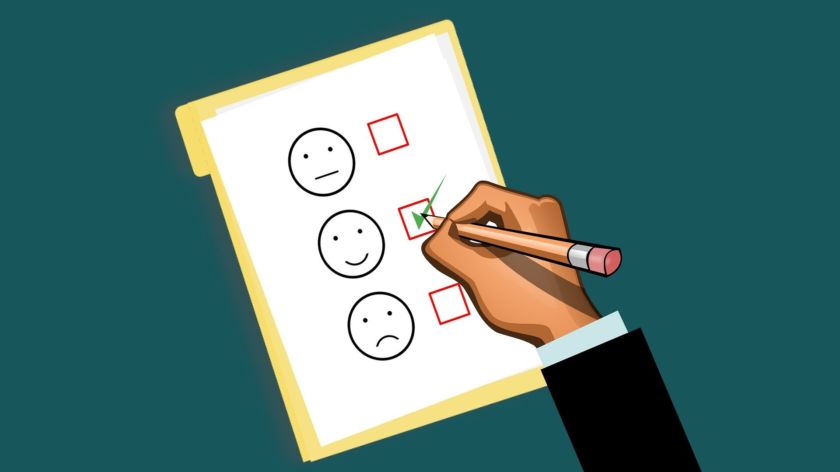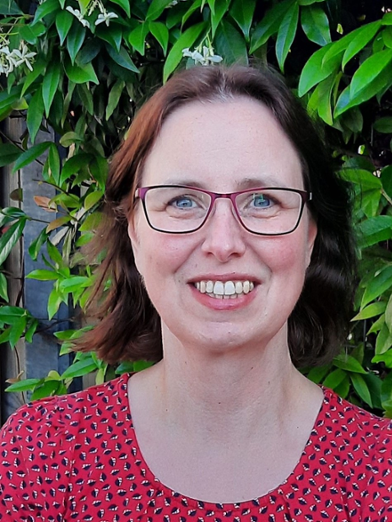‘Despite restrictions, students manage to find their way in this crisis’
-
 Photo via Pixabay
Photo via Pixabay
The number of students indicating that the COVID-19 pandemic has a negative impact on their social life and the quality of education has gone down considerably. The vaccination rate of students at Radboud University is also higher than the national average. These figures stem from a first study by the Healthy Student Life Project.
A whopping 94,2 percent of students at Radboud University has been vaccinated against COVID-19 with at least one vaccination dose. This percentage is substantially higher than the national average of 89,2 percent of people over 18 years old with at least one dose. This is evident from a survey by the Healthy Student Life Project, which 3.600 students of Radboud University filled in.
The same research also shows that a majority is worried about the impact of the pandemic on online education (57 percent) or their social life (60 percent). ‘Even though this sadly is still a majority, these numbers are much lower than those of a similar survey done in the spring of 2021,’ says Jacqueline Vink, professor at the Behavioural Science Institute.

Positive
Those same percentages in the previous survey were 77 and 82 percent respectively. ‘I interpret this decrease as something positive,’ says Vink. ‘That means that despite restrictions, students manage to find their way in this crisis bit by bit.’
28,8 percent of the respondents indicate they have had covid (proven with a lab test) or think they have had it (no lab test). There is barely any difference between men and women in these percentages. There are no percentages about the booster shot yet, since those were not being administered at the moment the research was conducted.
A caveat to these numbers on student wellbeing is that the survey was already available before the recent restrictions were implemented halfway through November – and were later extended. The infection rate is also substantially higher than during last autumn, so it is not unthinkable that the number of students that have been infected is now higher.
‘It’s a given that covid is here – and here to stay – and that this is going to influence wellbeing’
‘Furthermore, the question is whether our research results are representative,’ Vink indicates. ‘Only 3626 students partook in the survey. In the past, this number was higher. I have no idea what the cause might be, maybe students are tiring of filling in different surveys. But that is speculation. I think the research still paints a good picture.’
Student wellbeing
All students at Radboud University received an email last October, asking them whether they wanted to partake in a survey on student wellbeing, Vink explains. ‘Even though our research focuses on student wellbeing, it’s a given that covid is here – and here to stay – and that this is going to influence that same wellbeing. That is why we added a few question on covid. It’s still connected.’
The survey was a first measurement. The goal is that the Healthy Student Life Project is going to do these surveys more often. The next survey will be distributed in the spring.



